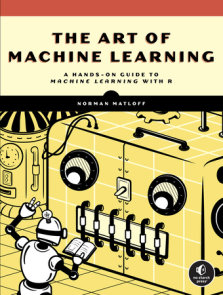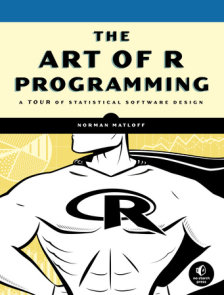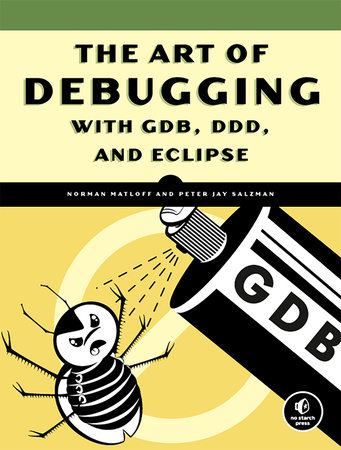

The Art of Debugging with GDB, DDD, and Eclipse
By Norman Matloff and Peter Jay Salzman
By Norman Matloff and Peter Jay Salzman
Category: Science & Technology

-
Sep 15, 2008 | ISBN 9781593272319
YOU MAY ALSO LIKE
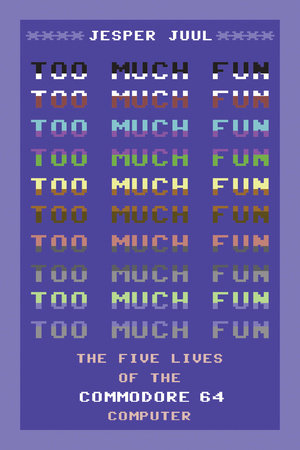
Too Much Fun
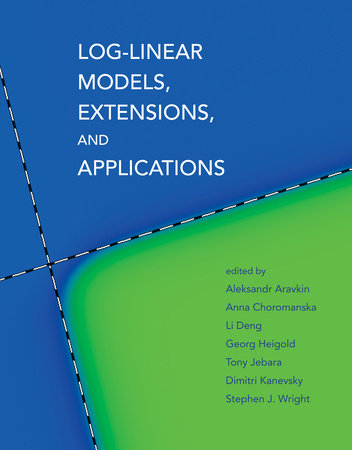
Log-Linear Models, Extensions, and Applications
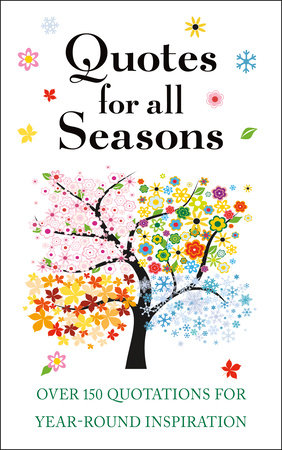
Quotes for All Seasons

National Parks Stickerology
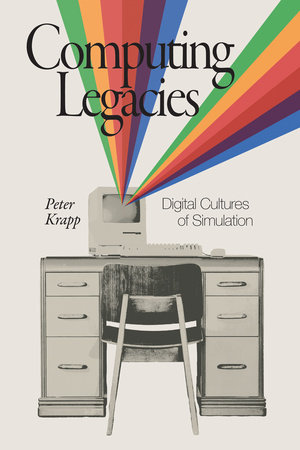
Computing Legacies
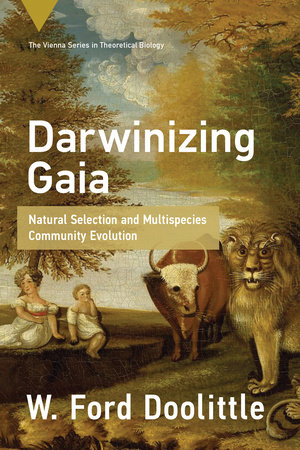
Darwinizing Gaia

A Just Transition for All

Starlore of the Constellations

Houseplant
Praise
“If you want to get started in effective debugging, this is the book to have. If you are a professional programmer looking for more effective strategies, this is the book to have.”
—Major Keary, Linux and Open Source SIG
“The explanations are clear, the sample source code is well-written, the example debugging sessions are easy to follow, and so on. If you are new to debugging and you want to learn about GDB this book might be what you need.”
—the-interweb.com
“This book provides an excellent contrast between each by showing how to perform the same function in each environment. The authors cover common debugging problems such as segmentation faults in addition to common debugging pitfalls to avoid so that this can be a useful learning tool for novice debuggers.”
—Electronic Design
“This book is a comprehensive introduction to, and a good book to have around while using, GDB and some of it’s popular front-ends.”
—Petrea Stefan, Freelance Programmer
“Most of the examples in The Art of Debugging with GDB, DDD, and Eclipse are in line with the theory and bring out the concepts clearly. There is the repeated comparison of usage of the three debugging tools for the same example so that the reader can draw their own conclusions and grow on their own favorite debugging tool.”
—Desicritics.org
“C programmers working on Unix systems will benefit the most from reading this book, but many others will learn valuable techniques and tricks.”
—Reviews.com
“This book is important reading for anyone programming on Linux in C++, Java, Perl, or Python. It is very readable with 250 pages.”
—Blink Monitor
“The many coding instructors who consider mastering C and pointers essential to computer scientists and coding professionals will do well to recommend this book to their classes…Technical professionals who craft an occasional application in C to solve an immediate problem should also own this book–it will pay for itself in saved time, the first time it is used.”
—Computing Reviews
21 Books You’ve Been Meaning to Read
Just for joining you’ll get personalized recommendations on your dashboard daily and features only for members.
Find Out More Join Now Sign In






